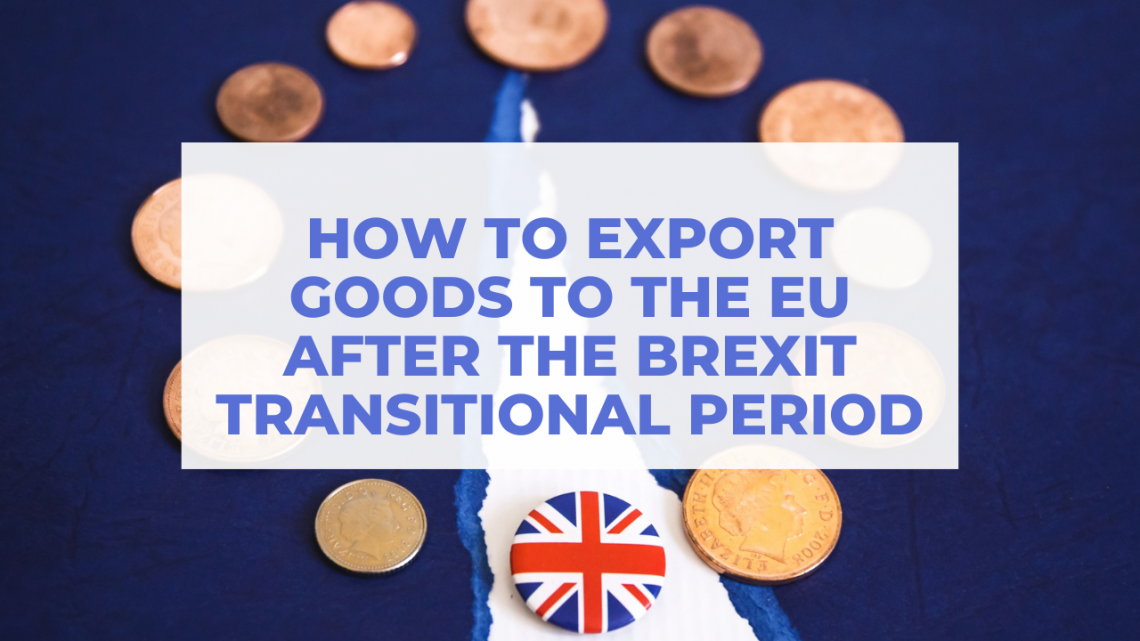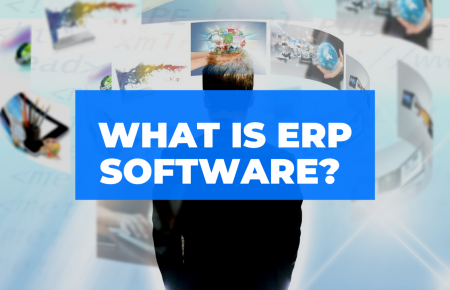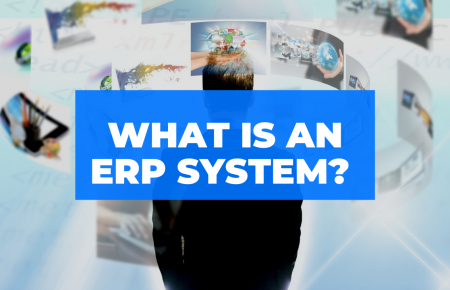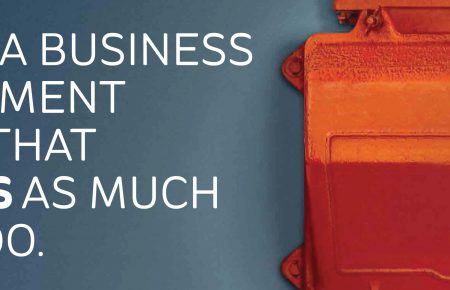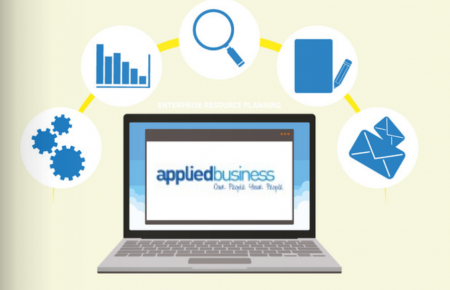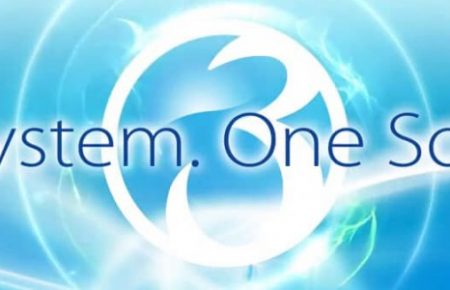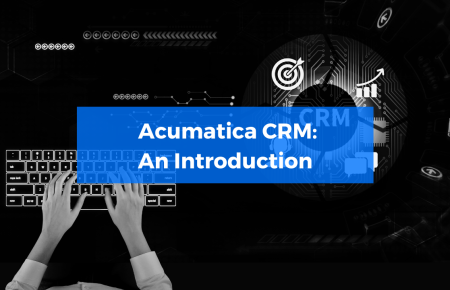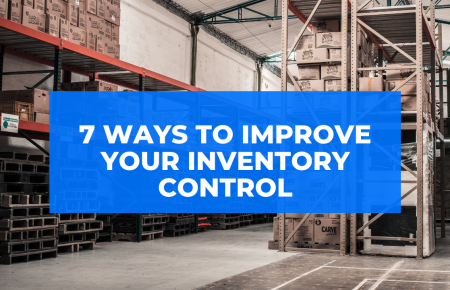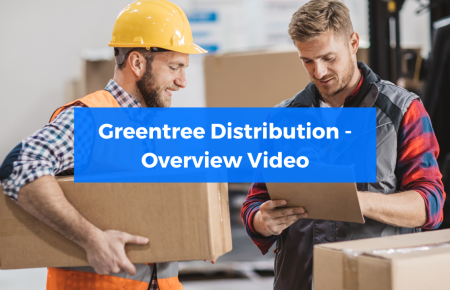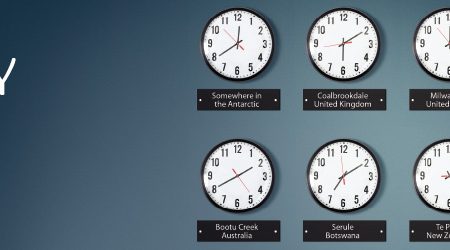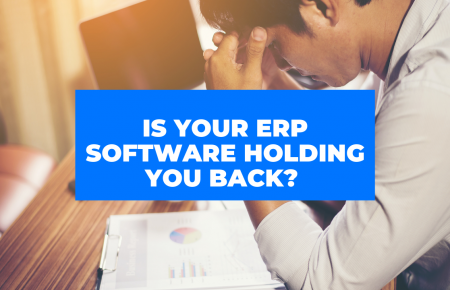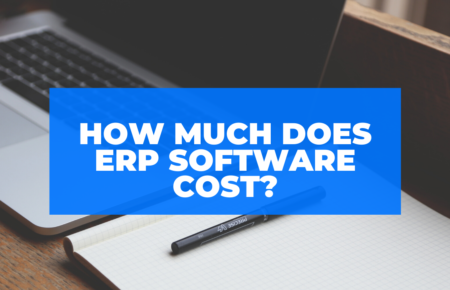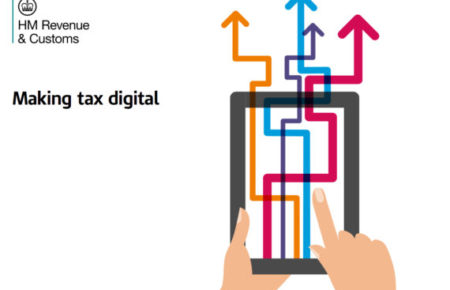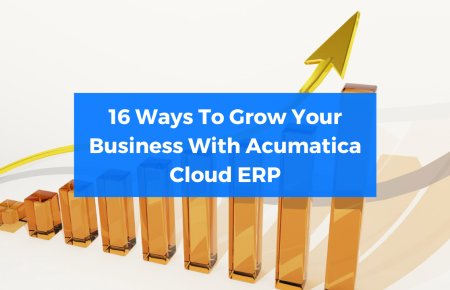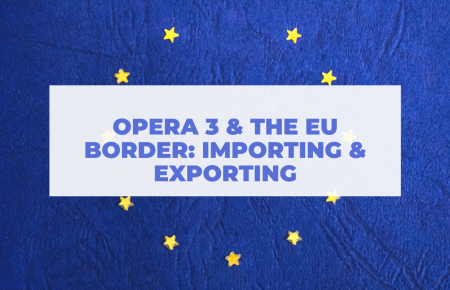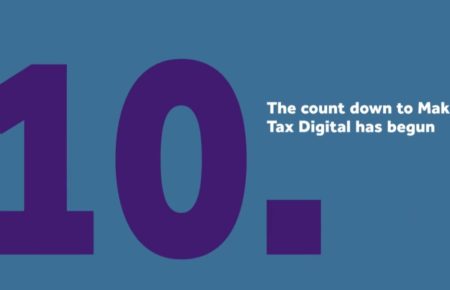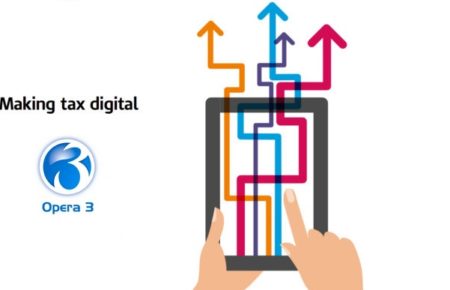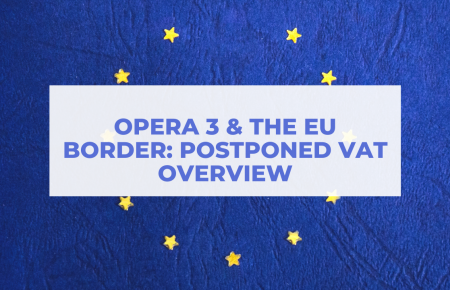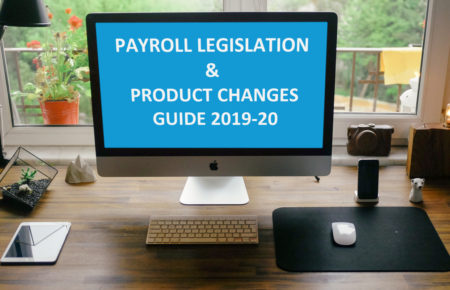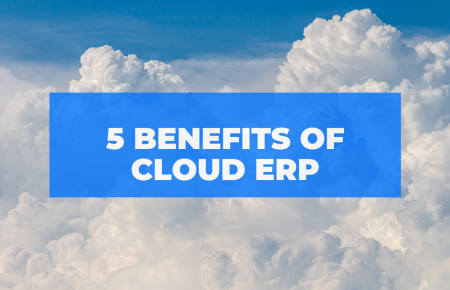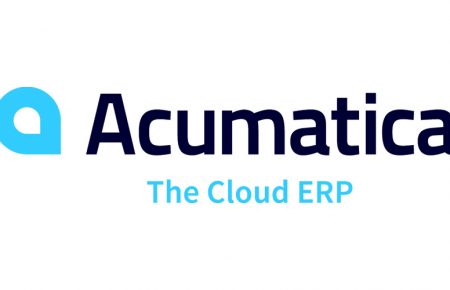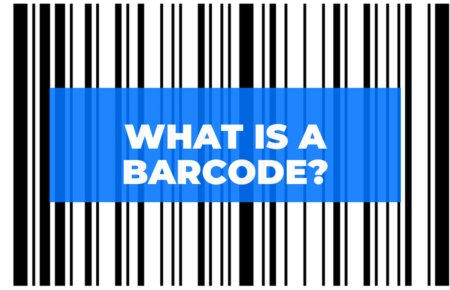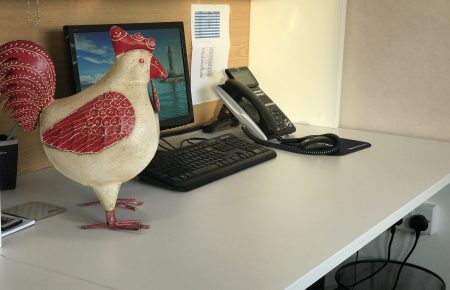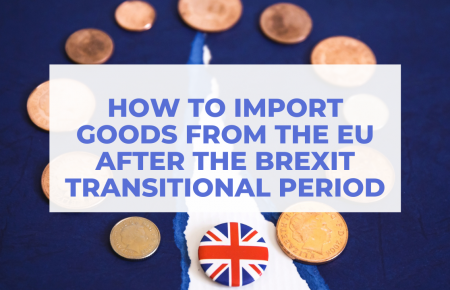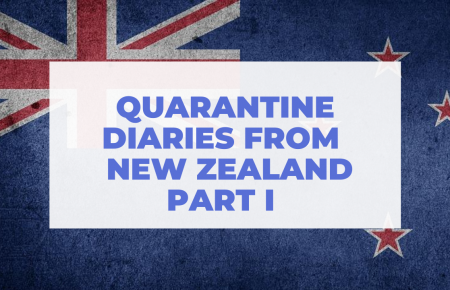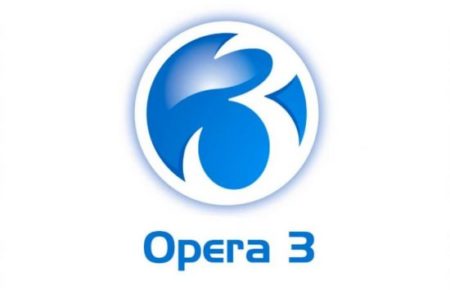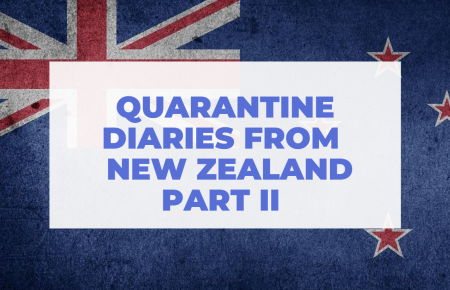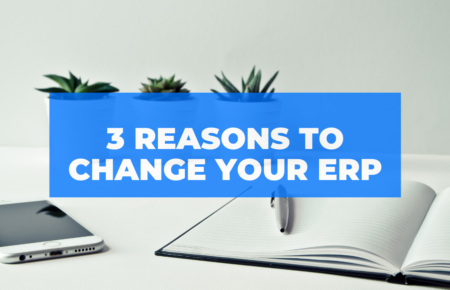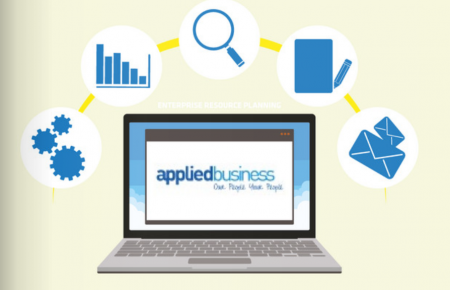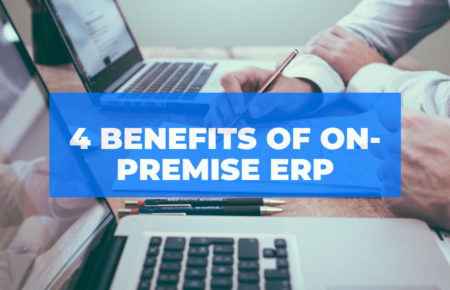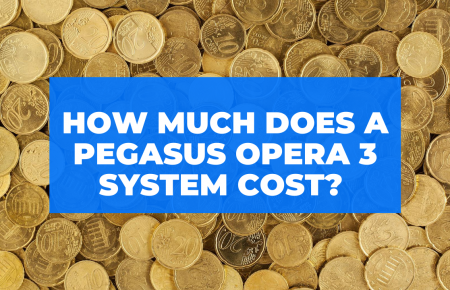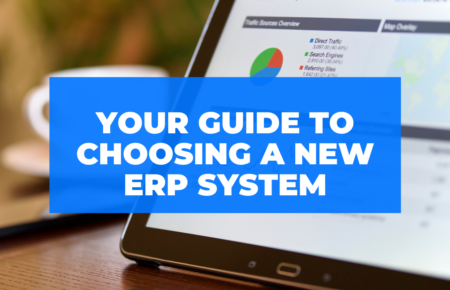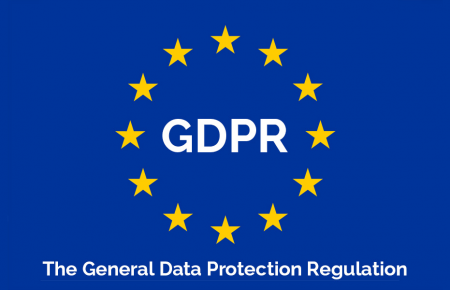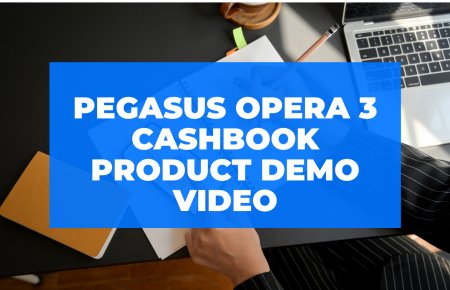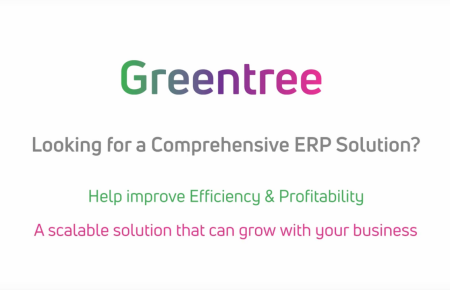As an exporter of goods to the EU what do I need to do before the Brexit transitional period ends?
This article aims to help businesses avoid unnecessary interruption to the supply of goods to their customers in the European Union (EU) after the Brexit transitional period has ended on 31st December 2020.
From the 1st January 2021 the Brexit transitional period ends and with it so does the free movement of goods across our border with the EU. This means from January 2021 businesses will have to make customs declarations for all movements of goods across the UK border even to your existing customers within the European Union.
Also, please prepare for changes to trading arrangements with some non-EU countries that previously had a free trade agreement with the EU. You will need to investigate what, if any, trading arrangements exist with these countries.
You will find that there is plenty of information and guidance available on the new EU trading relationship, for example, https://www.great.gov.uk/advice/. However, without meaning to sound patronising, dealing with customs is complicated and bureaucratic and must be done correctly. Do not underestimate the amount of preparation time required to make your business compliant.
In this article we provide a ten-point plan to help businesses continue trading with the EU after 1st January 2021.
- Decide how you will export your goods to the EU. The main options being:
- Export goods through standard export procedures
- Or, if you are moving goods through multiple territories, or want to complete your customs formalities away from the border, then you might want to consider using Transit.
For more detailed guidance see https://www.gov.uk/starting-to-export
- Make sure you have a UK Economic Operator Registration and Identification number or EORI number because you can’t move goods across our border without one. You can apply for an EORI number online at https://www.gov.uk/eori.
As an exporter to the EU you will also need an EU EORI number. You should apply for an EU EORI number from the customs authorities in whichever EU country you export with the most. For a list of EU customs authority websites go to https://ec.europa.eu/taxation_customs/national-customs-websites_en
- Check to see if your goods need an export licence/certificate as is the case for selling foods or livestock. For most controlled goods including chemicals, food, excise goods or animals there will be additional documents/certificates and operating procedures to follow. For more information refer to https://www.gov.uk/starting-to-export/licences
- Make sure you check the VAT guidance to understand why you should retain evidence of export to apply zero VAT rate. For guidance on when you can apply zero-rate VAT to goods exported see https://www.gov.uk/guidance/vat-on-goods-exported-from-the-uk-notice-703
- As customs processes are bureaucratic and complicated many businesses make use of a customs intermediary to manage the process for them. If you are not already using a customs intermediary such as a customs broker or agent, freight forwarder or express courier then now is the time to find one. For information about customs intermediaries see https://www.gov.uk/guidance/appoint-someone-to-deal-with-customs-on-your-behalf
and for a list of approved operators see https://www.gov.uk/guidance/list-of-customs-agents-and-fast-parcel-operators
- Having decided who will make customs declarations and transport your goods make sure you follow their instructions and advice to the letter. The intermediary will handle most of the interaction with customs and take away much of the complexity associated with getting your goods cleared through UK customs.
Typically, the customs intermediary services include:
- Checking the classification and valuation of your goods, and making sure you use the correct commodity codes
- Liaising with government agencies and customs authorities on your behalf
- Advising on any goods that require licences/certificates or additional documentation
- Preparation and submission of documents that must be filed to clear customs
- Facilitate the export of goods runs smoothly and your goods clear customs
- Before you can export your goods to the EU you must have classified all your goods with a commodity code or harmonised system (HS) code. You can use the Trade Tariff look-up tool to search for the appropriate commodity code, see https://www.gov.uk/guidance/using-the-trade-tariff-tool-to-find-a-commodity-code.
It is important to classify your goods correctly as the commodity code is recorded on the customs declaration which in term determines the rate of duty and import VAT that is applied.
You will find plenty of guidance on classifying your goods on the government’s website, see https://www.gov.uk/guidance/finding-commodity-codes-for-imports-or-exports?step-by-step-nav=b9347000-c726-4c3c-b76a-e52b6cebb3eb#content and you may find that your customs intermediary may be able to assist you with this important and time-consuming task.
- Prepare the commercial invoice and other documentation for your goods. The completed commercial invoice and any licences or certificates must travel with the goods. When filling in the value of your goods on the invoice use the price you’re selling them for and list separately any freight or insurance charges. Again, your customs intermediary should help you prepare the necessary documents.
- We have assumed you have appointed a third-party to deal with UK customs for you, they will make the customs declaration and get your goods through the UK border.
It is very important to check with the customer of your goods whether additional documentation is required to get the goods into the destination country.
- Keep all commercial invoices and export records for traded goods for a minimum of six years
For more information about some of the points raised above, please refer to this helpful and easy to use publication https://assets.publishing.service.gov.uk/government/uploads/system/uploads/attachment_data/file/927051/How_to_export_goods_from_GB_into_the_EU_from_January_2021.pdf
In conclusion, we appreciate Brexit has made a significant impact on the complexity and bureaucracy required to export your goods to the EU. These changes will almost certainly require time-consuming updates to customer and product information within your Greentree or Pegasus Opera 3 business management and accounting (ERP) systems.
We’re pleased to announce that both Greentree and Pegasus Software have fast-tracked through enhancements to their software to cover the Brexit changes and we will be rolling out updates as quickly as we can to those businesses in most need.
Please don’t hesitate to ask for our assistance with the bulk updating of information, or changes to your document designs within your ERP system. We can upload changes from spreadsheets and run scripts to make bulk changes to information much quicker than editing records individually.
Please get in touch if you require any assistance with:
- The creation of, or adjustment to your document designs, for example, the commercial invoice
- The bulk updating of product information such as Country of origin, Commodity codes, Net and Gross weights
- The bulk updating of customer records with new VAT codes and EORI numbers
- The bulk updating of sales order VAT codes
- Anything other subject related to this article
Get In Touch!
Related Posts:
How to import goods from the EU after the Brexit transitional period

